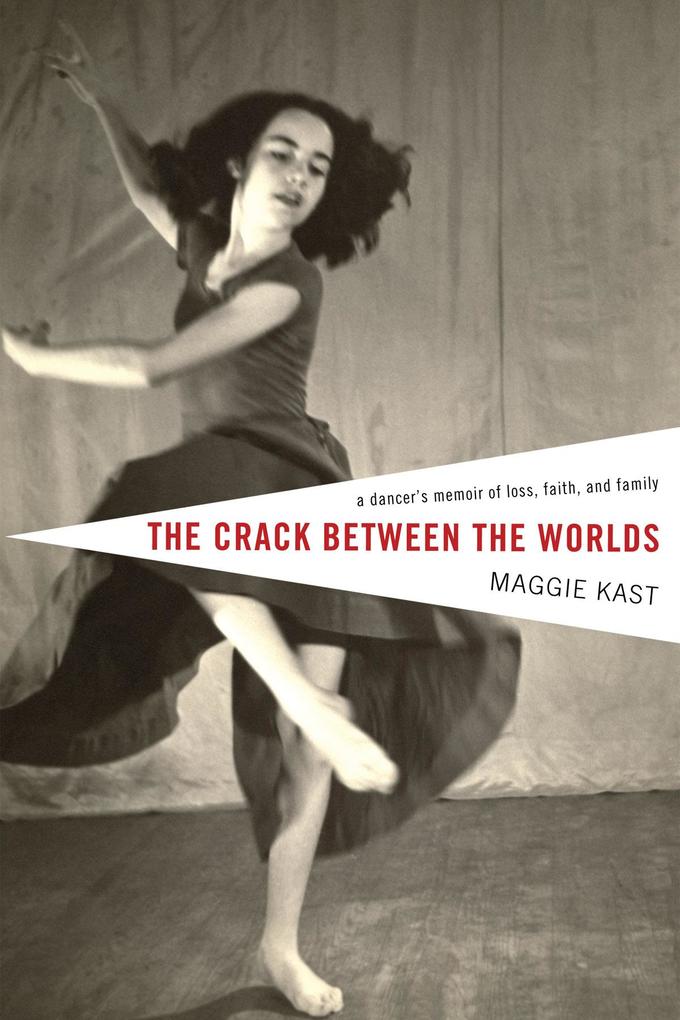A car crashes, and Maggie Kast, at the peak of a modern dance career, loses a three-year-old daughter. Raised without religion and now mired in grief, she senses a persistent connection to the little girl, a love somehow more powerful than the brute fact of death. This awareness leads her, over three years, to the Catholic Church. After the accident, her marriage is greatly stressed by the entrance of religion into married life, and she and her husband each accuse the other of being too religious or too secular at various times. Despite conflict, dialogue keeps the marriage intimate and vital.
Following study of liturgy at Catholic Theological Union, she teaches and tours sacred dance nationally and internationally, exploring the arts as a spiritual path. Moving forward and looking back at once, she discovers early hints of religious experience in childhood celebrations, encounters with art, and marriage. Her husband dies. Now a single parent of a ten-year-old and a developmentally disabled teenager, as well as college-aged sons, she continues her search.












